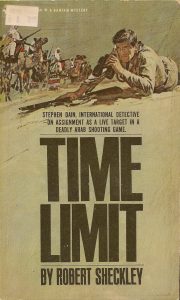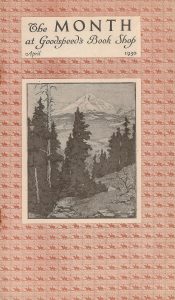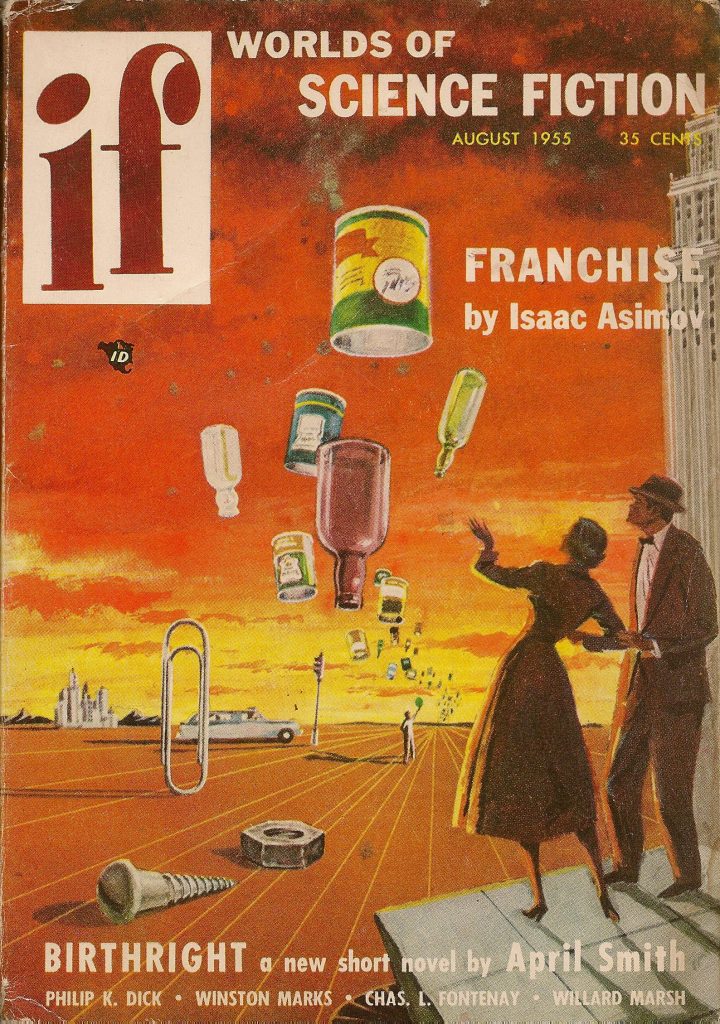As previously mentioned, I want to focus upon a statistic first surfaced at the conclusion of my note explaining a data issue which messed up the analysis of my previous hundred books read. At that time I noted that at the then-current pace of 4.58 books per day I would need 106.5 years to complete my collection. Now, having just completed another century of books (300 read since tracking began), let’s look more deeply at this stat.

When I quickly tossed off my initial estimate of when I’d finish reading all my books, I simply looked at the number of books I have, how many I’ve read, how fast I was reading, and — Voilà! However, all three of these datapoints have problems of one stripe or another.

To take the last figure first, obviously the measurement of “days per book” is much less precise than the velocity formed by “pages per day”. The latter has just been added to my tracking, since I now capture just how many pages each new book read contains. But that very fact shows how impossible (or at least very difficult) it will be to use that stat; I do not have page count information for even a tenth of my collection, and am gathering it only for a) books which I have read, and b) newly purchased books. So the more precise number is (mostly) useless for projecting my future time to complete my collection.

As to the number of books read, that, too, is problematic. When I offhandedly grabbed the figures and calculated that I would take over a century to finish my books, I had only those books which I had read since tracking the same, plus a handful of books I had marked as having read in the past. Since then I have added many volumes to my ‘read in the past’ category, so that number has increased. But I wish to be scrupulous about my past reading, so I have only marked those books that I am absolutely certain I have read — if I am not sure I read a particular edition, if I may have read only an abridged version in the past, or if there is ancillary material that I don’t remember reading, I do not mark the book as ‘Experienced’, even if I am pretty sure I read it. Thus there are many books that I may have read that I will only know for sure upon re-reading. Such a one is the current thriller I’m reading at work, Cuba Libre by Elmore Leonard, which I recall as I read it. I can’t remember how it ends, though, so that’s good on a couple of levels.

The final stat referenced above has issues which are, for the most part, of no interest whatsoever to those who are not myself. (By this I mean even of less interest than the great uncaring which most people feel towards the subject of my reading, or even towards the entirety of this blog.) I will only say here that I have recently begun cataloguing my family’s books within my own database (they previously were in member-specific databases) for reasons which are as previously mentioned — who cares? I also have to take into account any duplicates which exist, where ‘duplicates’ in this context refers only to volumes containing the same text (less copyright, inside ads, and outside ‘flapple’ (the stuff that gets written on the book’s dust jacket or ‘flaps’). Thus behind the scenes I have to make a couple of manipulations to arrive at the correct figure.

Anyway, my scratchpad calculations give me 8,066 books in my collection unread. Combining that with the overall reading rate of 4.03 days/book given in my last Book Analysis gives us a total of 32,506 days to complete the collection, which is to say just one day shy of 89 years. Using this figure, I would finish reading my books on April 9, 2108. Still in the next century, but getting closer to the 21st. Thus:
Reading Rate: 1 Book per 4.03 Days (includes Comics)
Time to Finish Collection: 89 Years
Estimated Finish Date (EFD): April 9, 2108

Now of course this is quite simplified. Besides the page count issue mentioned above, it elides over the fact that there are some books I have which I shall never read. For while I suppose it is possible that I may slog through an entire volume of the Encyclopædia Britannica or read The Auld Scots Dictionary from cover to cover, I will never — can never — read in its entirety the CRC Handbook of Chemistry and Physics or the same publisher’s book of standard math tables. And how shall I account as ‘read’ a book consisting of images of various types of graph paper meant for photocopying?

But leave aside those peccadilloes for the nonce. A far greater factor has been ignored heretofore in our calculations. I refer to what was called in my childhood home “The Book Problem“. In my house, books tend to seek out empty shelf space and fill it, and, having filled that space, proceed to overwhelm the rest of the otherwise unoccupied space within the domicile. One may say that I should stop buying new books, but one can say all manner of nonsensical things.
Put another way, we can look at the above Estimated Finish Date calculation as simply solving the following equation:
(1) ![]()
where ![]() is the number of the books in the collection,
is the number of the books in the collection,
![]() is the reading rate,
and we solve for the time
is the reading rate,
and we solve for the time ![]() .
.
But this of course is not the whole story. A better representation would be:
(2.1) ![]()
where ![]() is the initial number of the books in the collection, and
is the initial number of the books in the collection, and
![]() is the number of books added to the collection through the end time
is the number of books added to the collection through the end time ![]() .
.
If we represent ![]() by
by ![]() where
where ![]() is the purchase rate at which books are added to the collection, Formula
is the purchase rate at which books are added to the collection, Formula ![]() becomes
becomes
(2.2) ![]()
and solving for ![]() gives:
gives:
(2.3) ![]()
Formula ![]() simply says that as long as the Reading Rate is greater than the Purchase Rate, I will eventually finish the collection. Whereas if the Purchase rate is greater, the negative time value returned means that I missed my opportunity to finish my collection at time
simply says that as long as the Reading Rate is greater than the Purchase Rate, I will eventually finish the collection. Whereas if the Purchase rate is greater, the negative time value returned means that I missed my opportunity to finish my collection at time ![]() in the past, since my purchases kept adding to number of volumes and I will never be quit of reading. (The case where
in the past, since my purchases kept adding to number of volumes and I will never be quit of reading. (The case where ![]() is equal to
is equal to ![]() returns an error, of course, representing the case where I shall never, never catch up and will never be rid of meddlesome books.)
returns an error, of course, representing the case where I shall never, never catch up and will never be rid of meddlesome books.)

Therefore, much depends upon knowing the rate at which books are added to the collection. But this is a factor derivable from the database. A little manipulation (2 hours pass…) and …
Uh-oh.
I get a rough approximation of a ![]() of 1.1 books per day. Since a reading rate of 4.03 days per book gives an
of 1.1 books per day. Since a reading rate of 4.03 days per book gives an ![]() value of approx. 0.25, it is clear that I shall never finish my books unless something drastic happens.
value of approx. 0.25, it is clear that I shall never finish my books unless something drastic happens.
I have to go off and think about this. Preferably while reading.
